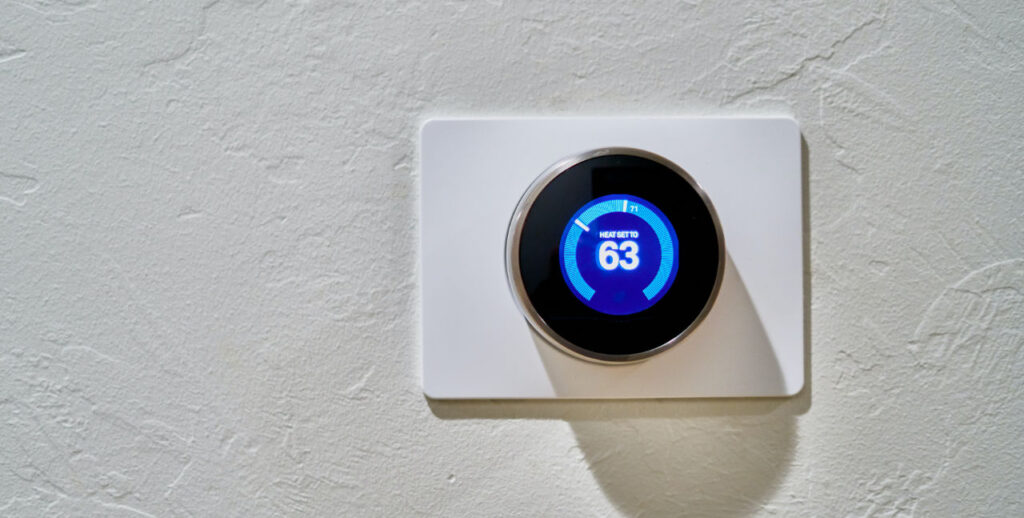Airbnb Air Conditioning Rules
Airbnb air conditioning rules from the perspectives of both hosts and guests. Discover how to balance comfort with energy conservation, and learn how to resolve disputes when they arise.
Published on June 18, 2023

As an Airbnb host or guest, you’ve likely encountered the dilemma of setting the perfect temperature. Some thoughts on Airbnb air conditioning rules, exploring the perspectives of both hosts and guests and offering solutions to common problems.
Air Conditioning Policies and Guidelines
Air conditioning is more than just a luxury; it’s a necessity in many parts of the world. But who gets to decide the ideal temperature? And how can hosts and guests reach a comfortable compromise?
Hosts’ Perspectives on AC Usage
From a host’s perspective, air conditioning is a delicate balance between providing a comfortable experience and conserving energy. Many hosts view the cost of air conditioning as a cost of doing business. They invest in smart thermostats and remote control systems to maintain a comfortable temperature without skyrocketing energy bills. However, some hosts feel that guests sometimes take advantage of the comfortable experience and ignore the energy conservation part.
Guests’ Expectations and Behavior
On the other hand, guests are “on vacation” and seek a comfortable temperature. They may not be aware of the host’s concerns about AC abuse or thermostat tampering. Some guests may not understand the cost implications of setting the thermostat too low or leaving it on when they’re out. This is where clear communication and house rules come into play.
Temperature Settings
Setting the right temperature can be a contentious issue. What’s too hot for one person might be too cold for another. So, how do hosts navigate this tricky terrain?
Minimum and Maximum
Many hosts establish minimum and maximum temperature settings to prevent misuse of the air conditioning system. Determining your Airbnb property’s minimum and maximum temperature settings can be a bit of a balancing act. It’s important to consider both the comfort of your guests and the efficiency of your air conditioning system.
As a general guideline, the U.S. Department of Energy recommends setting your thermostat to 78°F (25.5°C) when you’re at home and awake, and higher when you’re away or asleep for optimal energy efficiency. However, this may vary depending on the climate and your guests’ personal preferences. For the maximum setting, consider the capabilities of your AC system and the outside temperature. Too low setting might overwork your system and lead to higher energy bills. It’s also important to communicate these settings to your guests and explain their reasons. This can help prevent misunderstandings and ensure a comfortable stay for your guests.
Regional Considerations
Climate and location play a significant role in air conditioning rules. In areas with high humidity or heat, air conditioning becomes a necessity rather than a luxury. Climate adaptation and mold prevention are also important considerations. Hosts must adapt their house rules to regional norms and local expectations to ensure guest comfort and climate-specific rules.
Important Health and Safety Measures
Air conditioning isn’t just about comfort but also about health and safety. Overheating can be dangerous, and carbon monoxide poisoning is a risk with certain heating systems.
Preventing Overheating
Overheating can lead to a range of health problems, from heat exhaustion to heat stroke. Hosts should ensure their air conditioning systems are well-maintained and capable of keeping the property at a safe and comfortable temperature.
Carbon Monoxide Safety
If a property has gas heating, hosts must install carbon monoxide detectors and ensure they are in working order. This is a crucial safety measure that can save lives.
Dealing with AC Misuse
Despite clear rules and guidelines, AC misuse can still occur. So, how can hosts deal with this issue?
Technological Solutions

Smart thermostats and lockable covers can help prevent AC misuse. With a smart thermostat, hosts can monitor and control the temperature remotely. A lockable cover can prevent guests from tampering with the thermostat. These technological solutions can help maintain a comfortable temperature while preventing AC misuse.
Communication and House Rules
Clear communication and well-defined house rules are essential for preventing AC misuse. Hosts should communicate their temperature guidelines and their reasons. This can help educate guests about energy conservation and prevent misunderstandings.
Resolving Disputes
Despite the best efforts, disputes over air conditioning can still arise. So, how can these be resolved?
Host-Guest Communication
Open and respectful communication is key to resolving disputes. Hosts and guests should discuss their concerns and try to reach a compromise. Remember, the goal is to ensure a comfortable and enjoyable stay for the guest while respecting the host’s property and rules.
Airbnb Involvement
If a dispute can’t be resolved through communication, Airbnb can help. The platform offers a resolution center where hosts and guests can request assistance with unresolved issues.
Wrapping Up
Navigating the Airbnb air conditioning rules world can be like walking a tightrope. Balancing guests’ comfort with the need for energy conservation requires clear communication, smart technology, and a dash of compromise. By understanding the perspectives of both hosts and guests, we can turn down the heat on this contentious issue and find a temperature that’s just right.
As a content writer passionate about travel and hospitality, I have a unique perspective on short-term rentals. With years of experience creating engaging, informative content for various clients, I enjoy communicating the benefits and appeal of short-term rental properties. I've been an Airbnb host for the last three years, consistently providing my guests with a high level of hospitality.





